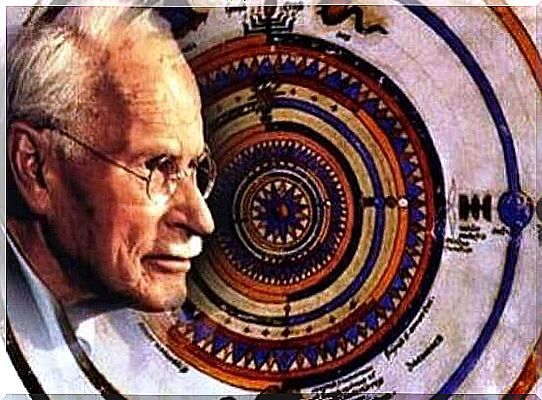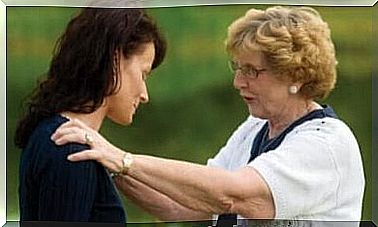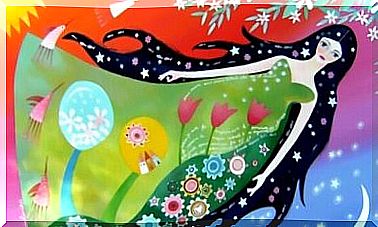The Controversy Between Freud And Jung
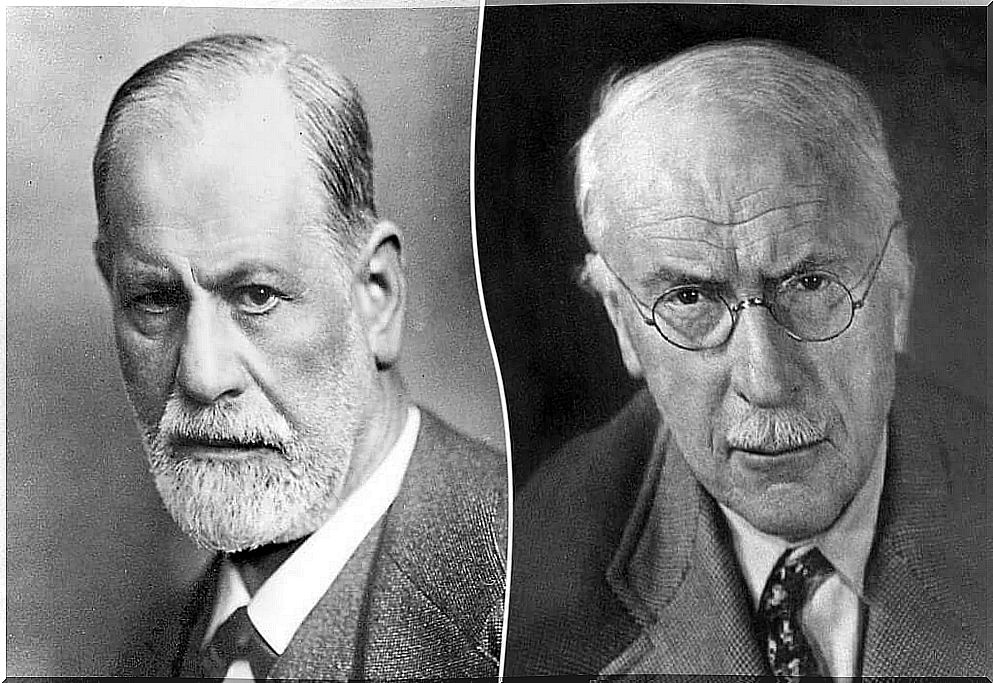
Born in Switzerland in 1975, Jung was one of the most important psychoanalysts for the birth and constitution of psychoanalytic orientation. Jung was very interested in Freud’s work. Nevertheless, some of his theoretical positions have moved away from those of Freud. Because of this distance, Jung was also expelled from the International Psychoanalytic Society of the time. This is why the controversy between Freud and Jung is really important, especially for researchers in psychoanalysis and intellectual historians.
The controversy between Freud and Jung refers to concrete actions that gave shape to the psychoanalysis we know today (1). In this context, Freud’s rhetorical and legitimizing strategies as well as the psychoanalytic movement which aims to institute, perpetuate and control psychoanalytic practice are especially important. The segregation and expulsion of dissidents has also been a key issue.
How did the controversy between Freud and Jung start?
The most solid hypothesis about Freud’s tolerance of Jung’s clear and early dissent emphasizes the strategic role of the Swiss psychiatrist in consolidating and spreading the nascent psychoanalytic movement (2).
It would seem that Freud declared years before the controversy the strategic importance of Jung and the Swiss for the survival of psychoanalysis (2). In May 1908, Sigmund Freud even admitted to Karl Abraham that it was “ thanks to Jung’s appearance on the stage that psychoanalysis escaped the danger of turning into a national Jewish subject”.
The year 1912 is considered the most complex year for the private relationship between Freud and Jung. Freud tried, in a way, to refute Jung’s theories, just as he had done with Adler’s. This fact clearly marked the beginning of the controversy between Freud and Jung. Not agreeing with Jung’s theories, Freud then said that Jung’s contributions were unnecessary. This obvious controversy between the two psychoanalysts has considerably affected psychoanalysis.
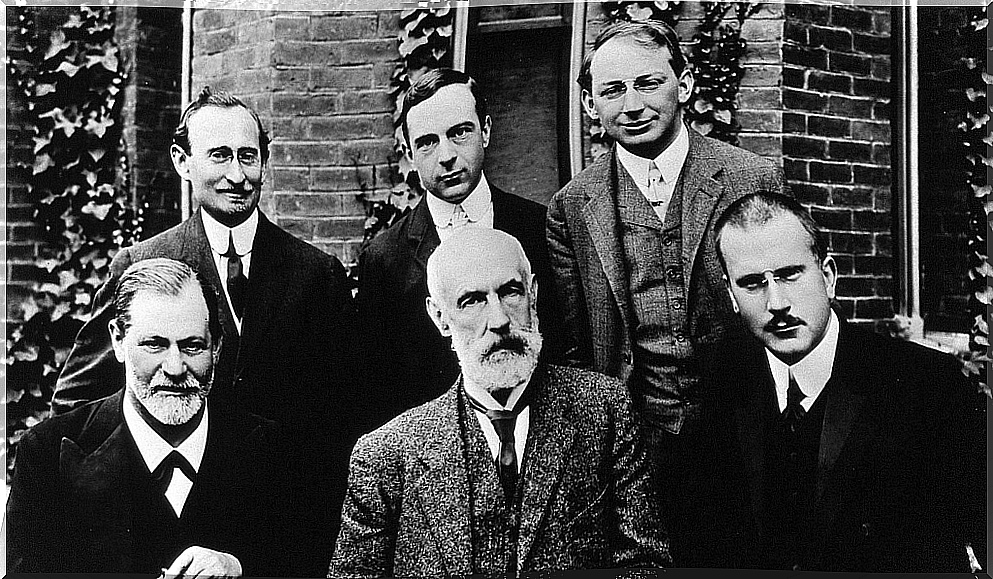
Freud’s reaction to Jung’s studies
To the first letter in which Jung synthetically exposes his different points of view on the subject of the symbolic character of the incest taboo, Freud replies that he considers his innovation to be regressive and excessively Adlerian.
To this, indignant and sad, Jung replies the following: “How intense are the emotional reasons contrary to my propositions which arise in you.” (McGuire & Sauerländer, 2012) In this same answer dated June 8, 1912, Jung also mentions his future conferences in America. Freud will point out to Jung that his interpretations on the taboo of incest and on the libido are erroneous.
A new letter dated July 18, 1912 written by Jung reaches Freud. The latter explains to Freud that the success or failure of his negative judgment on the innovation of the theme of libido and incest will be a matter settled following the success or failure of his own work (2) .
Freud will interpret this response as a “formal renunciation of their, until then, friendly exchanges”. He will also express his sadness, not so much for personal reasons, but for the future of Verein (association) and the cause of psychoanalysis (3).
Four years later, in 1916, Jung published a book which brought together his studies on symbolism and libido. As might be expected, this work was not well received by Freud and his comrades.
Jung’s lectures in America
The conferences in America are another of the successes that marked the differences between Jung and Freud. These conferences took place during the month of September of the year 1912 within the University of Fordham. For Freud, these conferences were a reason for objection.
Jung will be quick to assert that he hopes that Freud will gradually accept his innovations, because they represent intellectual efforts that require objective judgment. Jung maintains that he does not associate Freud with a dogma.
As already commented during his own conferences in North America, the Swiss psychoanalyst considers that these reformulations do not imply a division of the psychoanalytic movement. According to him, “such earthquakes can only exist in matters of faith; psychoanalysis is devoted to knowledge and its ever-changing formulations ”. (4)
In this context, both Freud and his fellow psychoanalysts like Ferenczi begin to speak ill of Jung. They regard him as an “incomprehensible mystic and an occultist”. Regarding this devaluation of his job and the others that followed, Jung would say the following:
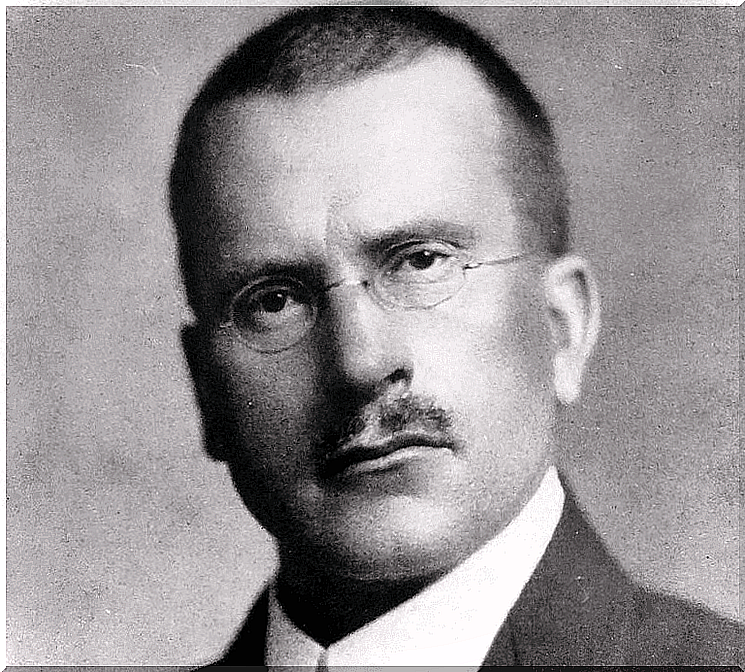
Freud’s political proposal to Jung
Freud formally offers Jung a post as a collaborator in the new journal he claims to create. On December 3, 1912, in response, Jung reminded Freud of his fixation on neurosis. Freud suggests that he “take care of his own neurosis more jealously than that of his neighbor.” (2)
Jung’s dissatisfaction with the Freudian attitude and that of other psychoanalysts with regard to his innovations is found condensed in a sentence he wrote in a letter dated December 18, 1912.
The end of the private relationship and the controversy
The correspondence between the two professionals begins to decrease from this moment. The controversy between Freud and Jung then becomes clearer. It is in this context that, in 1913, the IV International Congress of Psychoanalysis takes place; the two psychiatrists participate.
Generally speaking, psychoanalytic historiography, with Freudian theories as its foundation, has supported Jung’s inadequate and erratic behavior at this congress (2). However, other sources describe a different perspective.
Between October 1913 and April 1914, various psychoanalytic critiques of Jung’s work emerged. The violence of these criticisms provokes the resignation of the president of the International Psychoanalytic Association, who is none other than Carl Jung.
The relationship between Freud and Jung as well as their relationship with the psychoanalytic movement has been problematic. The personal and professional relationship between the two psychoanalysts began as a formal relationship and evolved into paternalistic tutelage on Freud’s part. In the end, Jung’s estrangement is evident.
Freud’s blindness to Jung was tinged with intense emotions. These emotions are very palpable in the correspondence between the two psychiatrists, which is at the origin of the controversy that is the subject of this article. Nevertheless, we can say that the relationship between these two renowned psychoanalysts has brought a lot to history. (4)
